Experts shed light on how to store seeds properly, and whether they ever really 'go bad' after all
Experts explain how to keep germination rates high by storing seeds correctly, for a wonderfully thriving garden
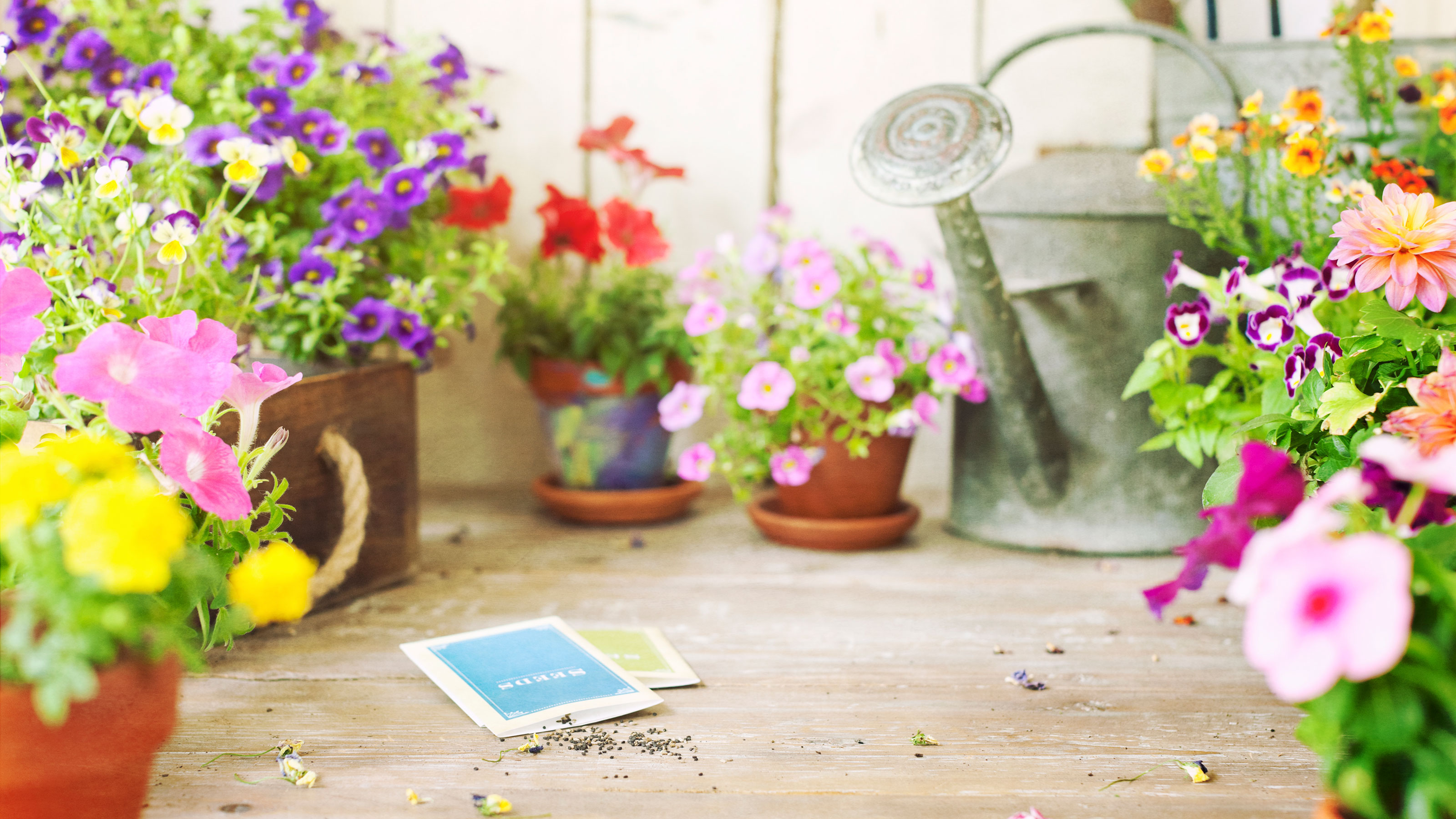

Whether you were gifted home-made wildflower seed bombs to mark a special occasion, or if you have been collecting the fruitful remnants of spent buds from your own patio containers, knowing how to store seeds properly is essential to ensure they do not go to waste.
While there is no harm in ordering new seed to invite different varieties into raised beds and pots, there is much joy and satisfaction to be had by collecting seeds from your own garden.
When done with care, this sustainable and wholesome gardening practice will reward you come next growing season, or even in a few years should you wish to wait this long. That is, provided you get it right.
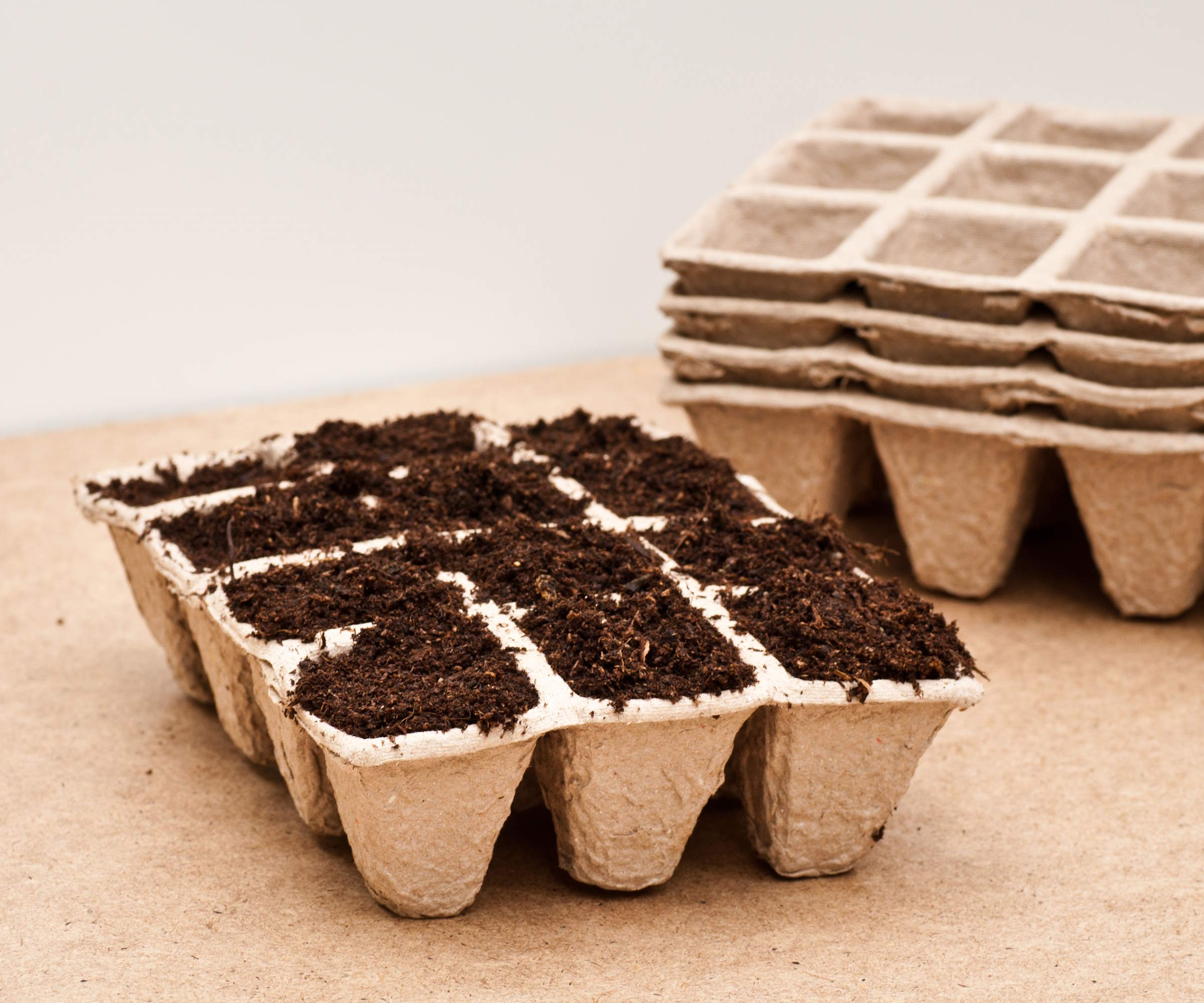
How to store seeds properly
Whether due to a surplus of freely collected seed at your local library, or if you want to review your own process after a slightly dismal display last year, it will pay to refine your seed storage technique.
Alongside incorrect light levels and watering, storage is a common seed-sowing mistake. Let us dig into the detail of how to get it right with the experts:
1. Collect seeds in an organized fashion
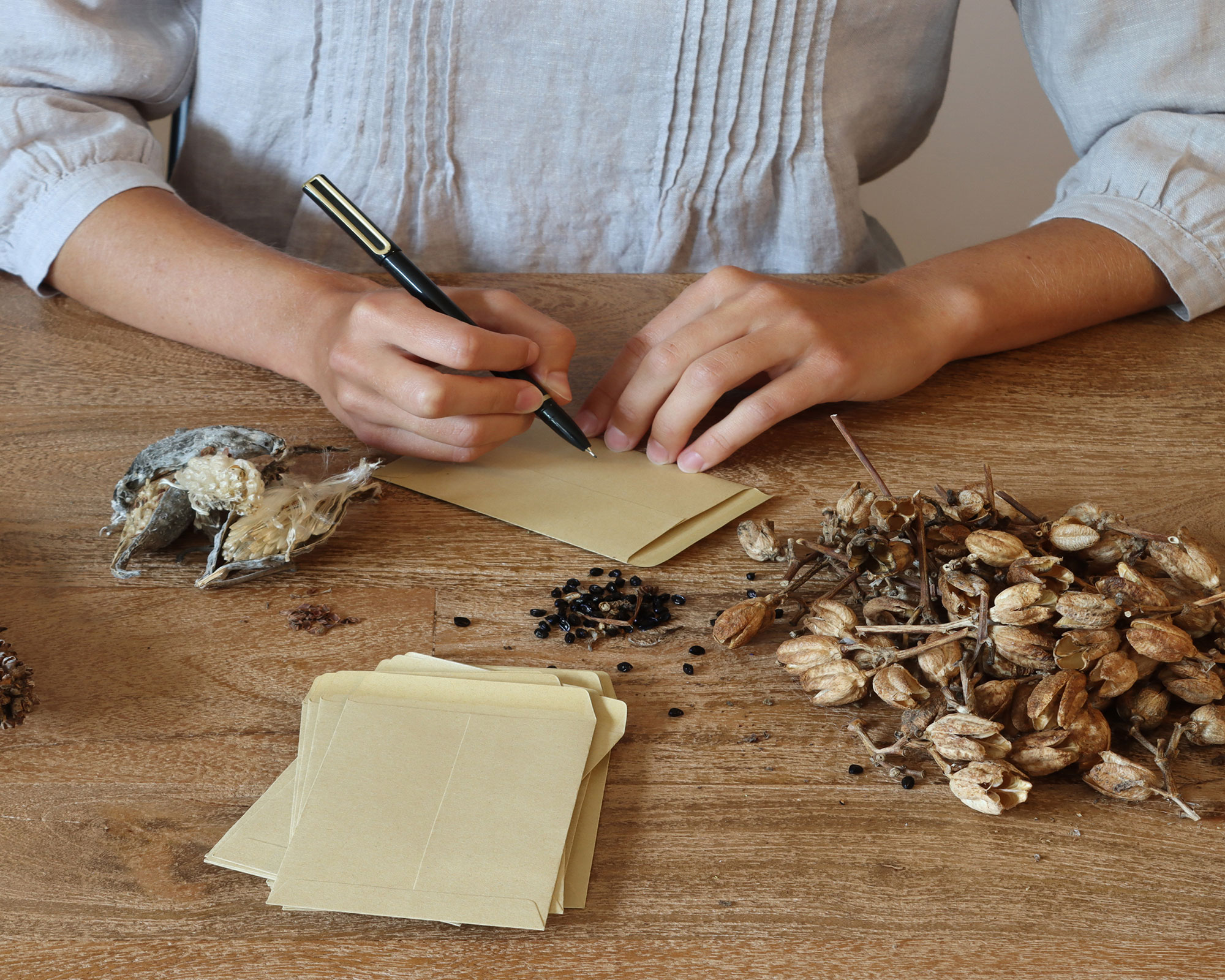
Perhaps you have decided to grow dahlia from seed this year and anticipate having a few leftover, or want to create a more naturalistic garden aesthetic, either way, when it comes to storing seeds from your own garden, this starts with collecting them from healthy, vigorous plants, at the right time.
When you harvest seeds will depend on factors such as plant type and hardiness zone. For many plants the seed will usually turn dry and crisp to collect around two months after flowering.
Next, it is key to be aware of the seeds you want, organizing and labelling them as such as you go along, so that you do not get them in a muddle. A hybrid, for instance, might change your flower bed ideas unexpectedly.
Pick a dry and sunny day to collect the fruits of your garden's labor, keeping several paper bags to hand.
2. Organize them in the correct containers

To store pre-packaged seeds, keep them in their original packaging where possible as this will contain important information that even the most practiced gardener might forget.
'The original seed packet has all the crucial information needed for that variety (name, days to maturity, when to plant, how far to space, etc.),' says Amy Enfield, Senior Horticulturist at Scotts Miracle-Gro. 'If you can’t keep the seed in their original packaging, place them in a small envelope that has the plant and variety name and date of purchase at a minimum written on it.'
Whether you have opened the seed packets or not, storing them in an air-tight container will provide extra precaution against early germination. Place your seed packets in a container with a tight-fitting lid such as a glass jar or plastic container to help keep additional moisture out. The same advice applies to paper bags of your own collected seeds.
It’s a good idea to organize your seeds before placing them in containers so you can easily find what you’re looking for when the next gardening season comes around.
Kilner and Mason jars make good-looking options. Amazon has a range of seed storage containers with labels included, too.

Amy has over 25 years of experience in the lawn and garden industry and has been with Scotts Miracle-Gro for 11 years. She has a BS and MS in Horticulture from Michigan State University and a PhD in Plant & Environmental Sciences from Clemson University.
3. Store seeds in a cool, dark, and dry location
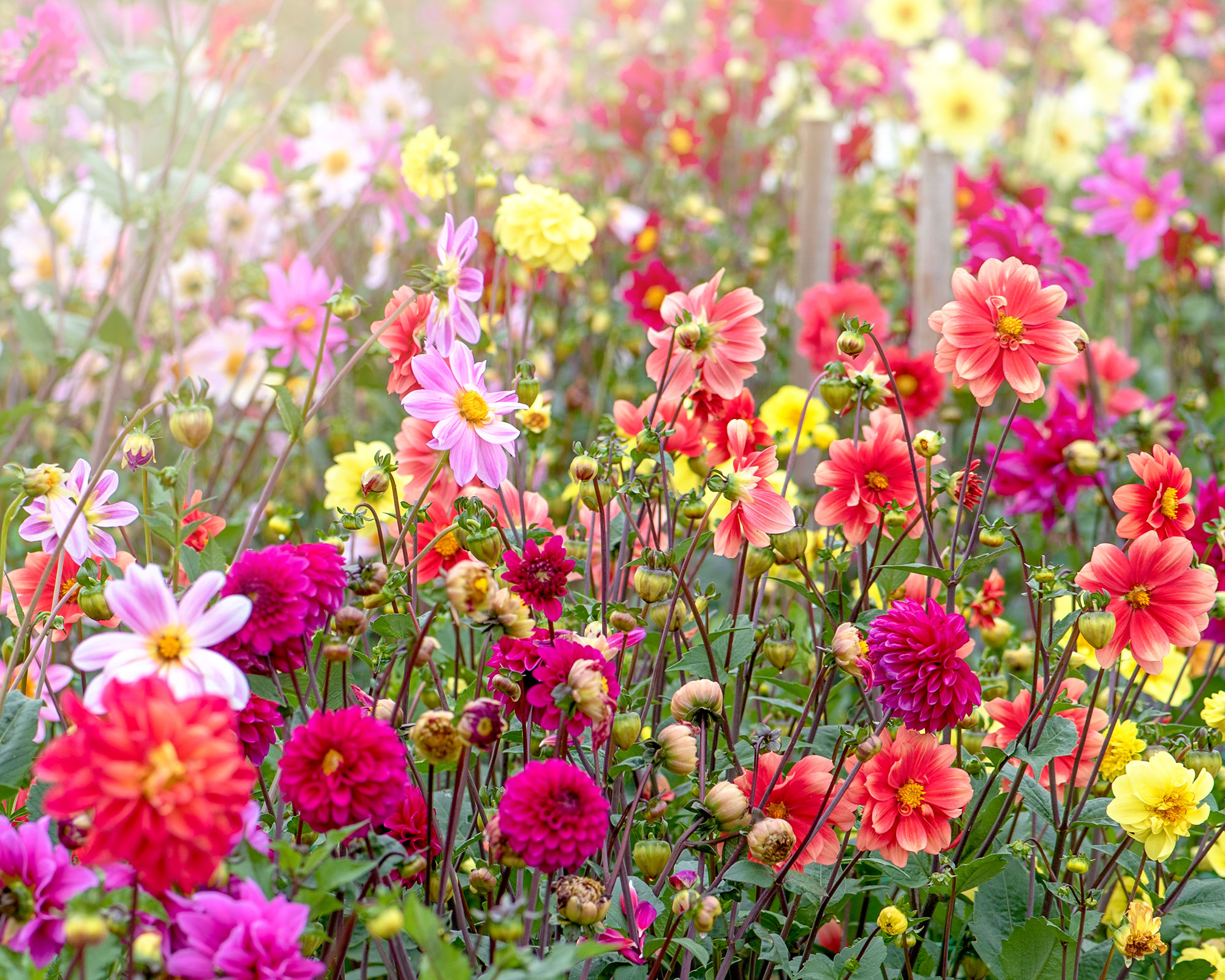
Naturally, a garden shed or greenhouse can seem like a good spot for seed storage. However, these areas are prone to humidity and fluctuating temperatures, so you should set up camp for seed packets somewhere inside your home instead. This will help prevent premature germination.
'Exposure to moisture and heat can reduce seed viability, so seed packets should be in a cool, dry place,' says Amy. 'The humidity should stay below 60% and the temperatures should stay constant and as close to 40 F as possible, which is why a lot of people will store their seed packets in air-tight containers in the refrigerator.
'Avoid sheds and garages where the temperatures and humidity tend to fluctuate as the seasons change. If you can’t find a spot that stays at 40 F, then aim for 55-60 F, like a cool basement to store your containers of seed packets.'
If you are concerned about humidity, you can add a desiccant to the container you are using. Some people will go a step further and add rice, powdered milk, or silica gel packets into the containers with their seed packets to absorb moisture.
Note that some seeds should not actually be left to dry out entirely as they will not be able to absorb water for germination. Magnolia, walnut, and oak should be stored in a plastic bag with an appropriate carrier such as damp vermiculite.
You also want to keep them out of direct sunlight. 'As long as your seeds are in their original seed packet or an envelope they will be blocked from exposure to light,' notes Amy. 'However, if you have any loose seed, it should be stored in a dark place since light can be a trigger to germinate for several plant species. Your containers of seed packets should also be kept out of direct sunlight which can cause the seeds to warm up.'
How long can you store seeds for?
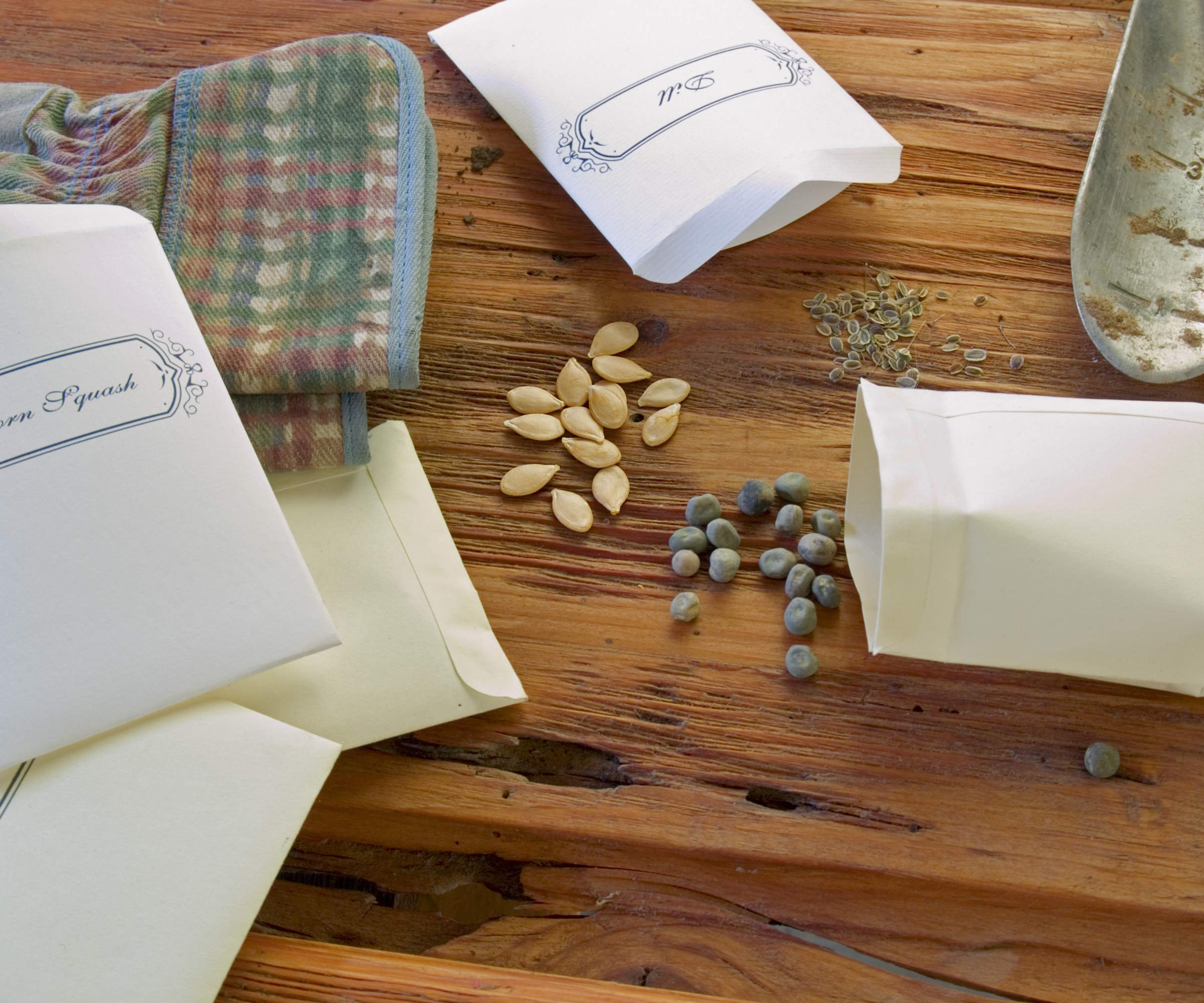
Some plants do better with seeds sown immediately, such as cyclamen, hellebores, aconites and delphiniums. While many home-collected seed can be kept until the next growing season. 'With the right storage conditions, you can save most seeds for several years,' says Amy. 'The exact storage time will vary with the seeds you’re trying to store.
'Corn, lettuce, and pepper seeds may only be successfully stored for two years while cucumber, radish, and collard seeds will keep for five years. When you do plant stored seed, you may notice a slight decrease in the number of seeds that germinate and how quickly they sprout.'
For shop-bought seeds, contrary to what the packaging may say, they could well last beyond their anticipated life expectancy if handled and stored correctly from the start.
'Unopened seed packets can last for several years if stored properly in a cool, dry place,' says Nikhil Arora, Co-founder and Co-CEO of Back to the Roots. 'However, opened seed packets may have a shorter lifespan, typically around 1-2 years, depending on the type of seeds and how well they are stored.'
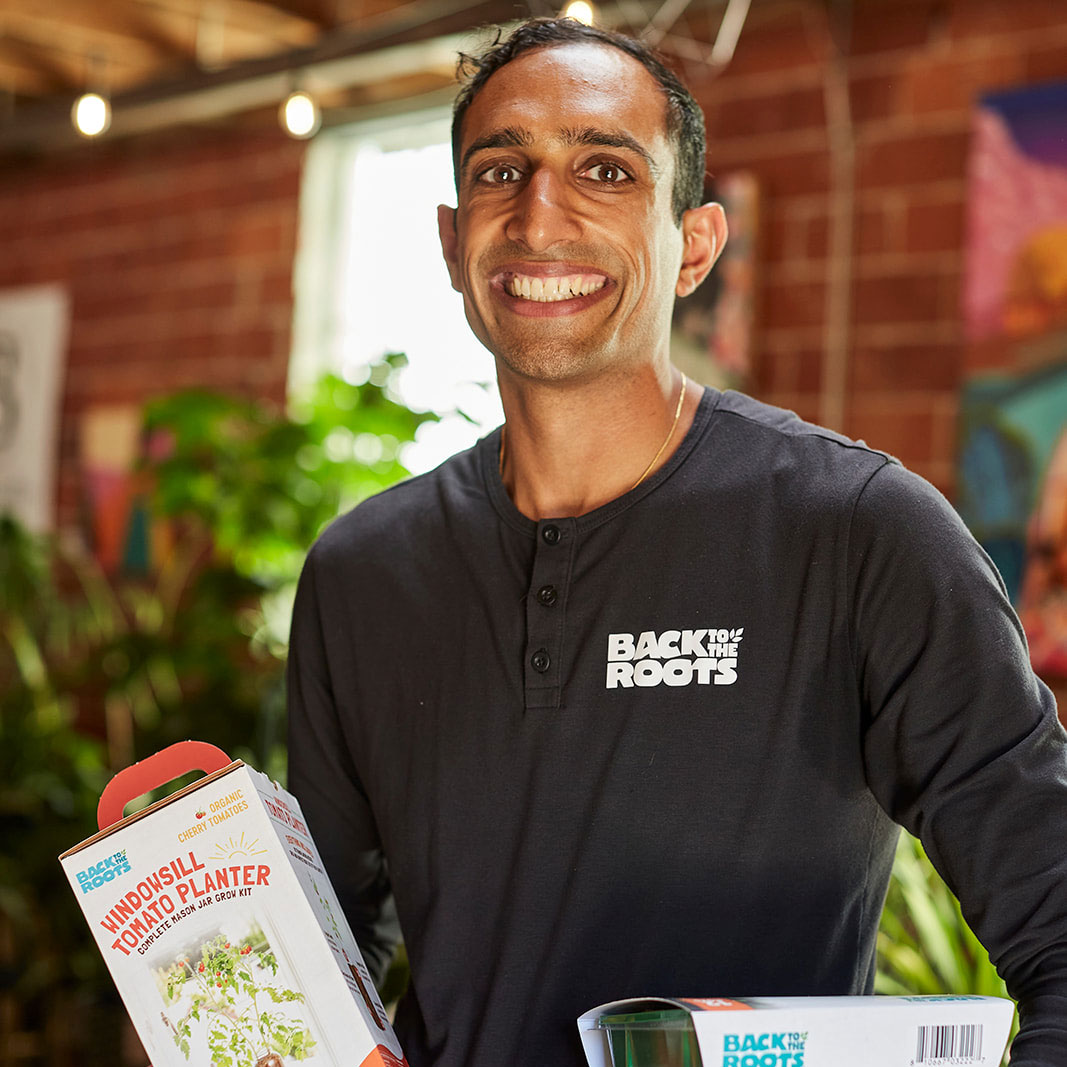
Nikhil Arora is co-founder and co-CEO of Back to the Roots, the exclusive organic seed provider at Target. Nikhil launched the company with Alejandro Velez in college after discovering how to grow gourmet mushrooms on recycled coffee grounds. Today, they are recognized for their sustainability efforts, and Back to the Roots is continuing to take the gardening industry by storm with its line of organic soils, seeds, and other products.
How can you check is seed is still good?
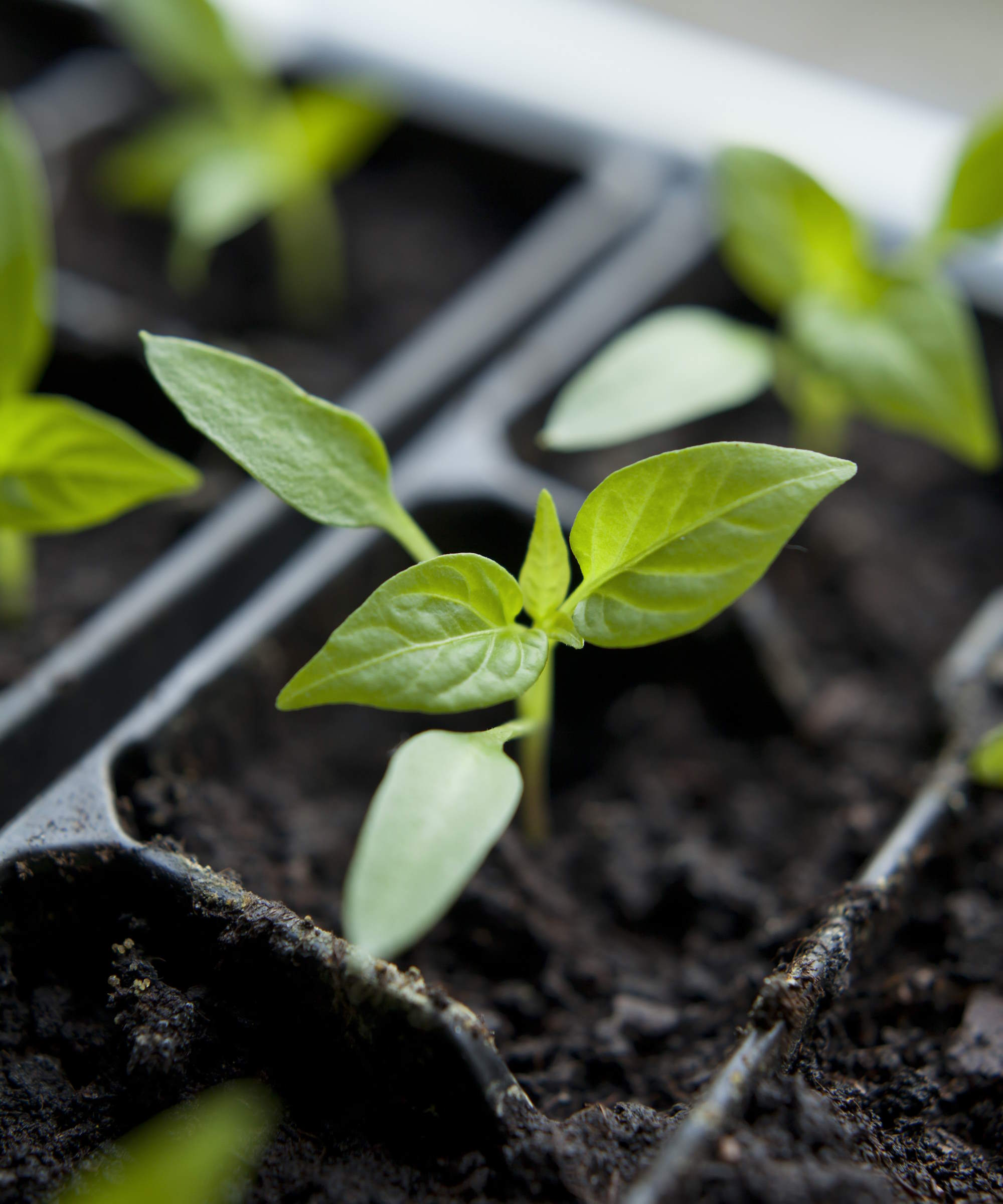
'Seeds don't really go bad all of a sudden - they just slowly lose their germination rates,' Nikhil tells us.
If you have stumbled across a dusty shop-bought seed packet with a no longer visible expiry date, you can perform a simple germination test at home to see the ratio of good seed. Simply take 10 or so seeds and line them on a damp paper towel. Fold this over and put it in a sealable plastic bag, then store it somewhere warm and humid.
After a week or so (or the germination period highlighted on the packet), begin checking to see if the seeds are sprouting and you will soon know whether your crop will be fruitful, or not. 'You can also inspect them visually before the germination test - signs of bad seeds include mold growth or a foul odor,' he says.
Shop seed storage solutions
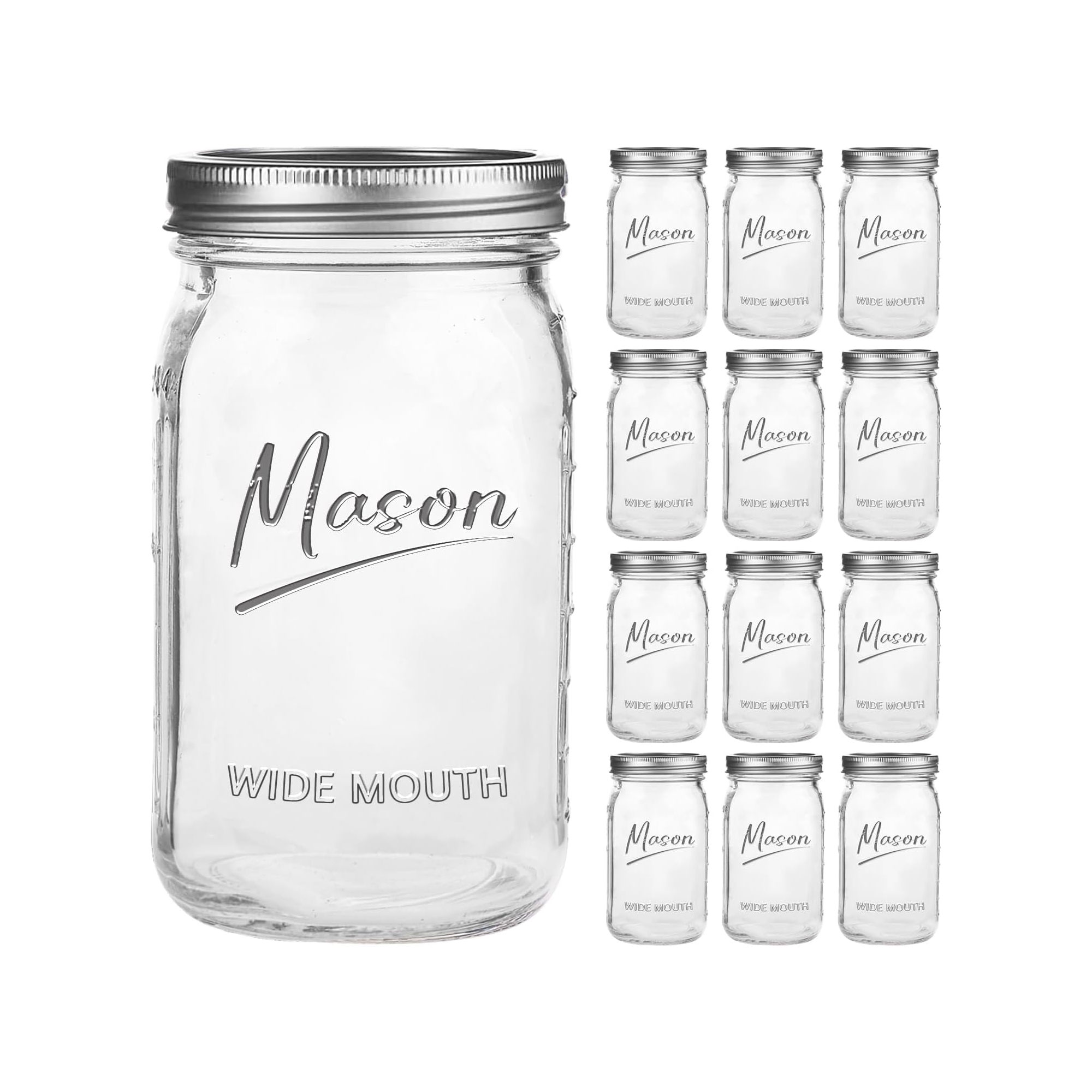
Price: $38.99 Was: $20.58
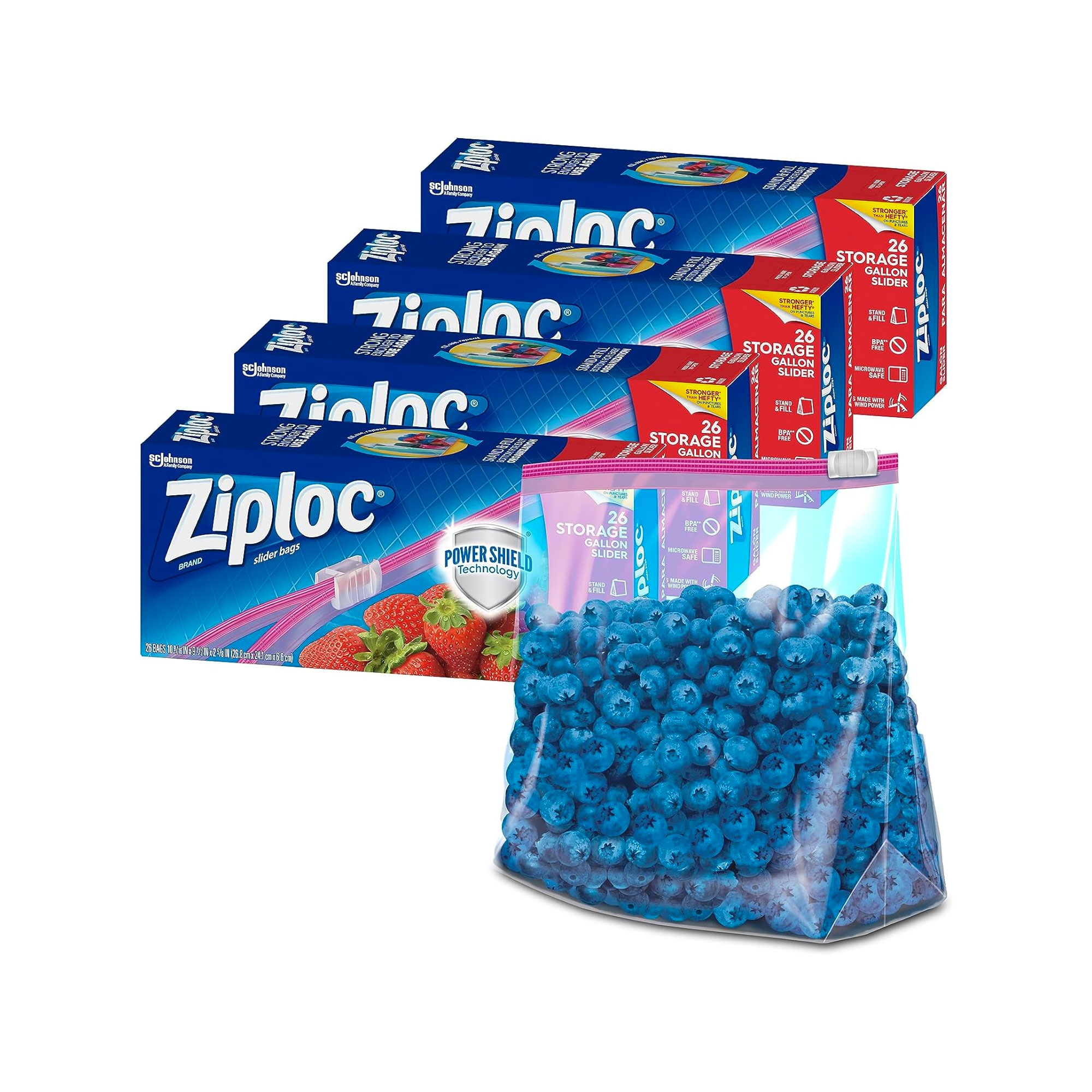
Price: $17.82
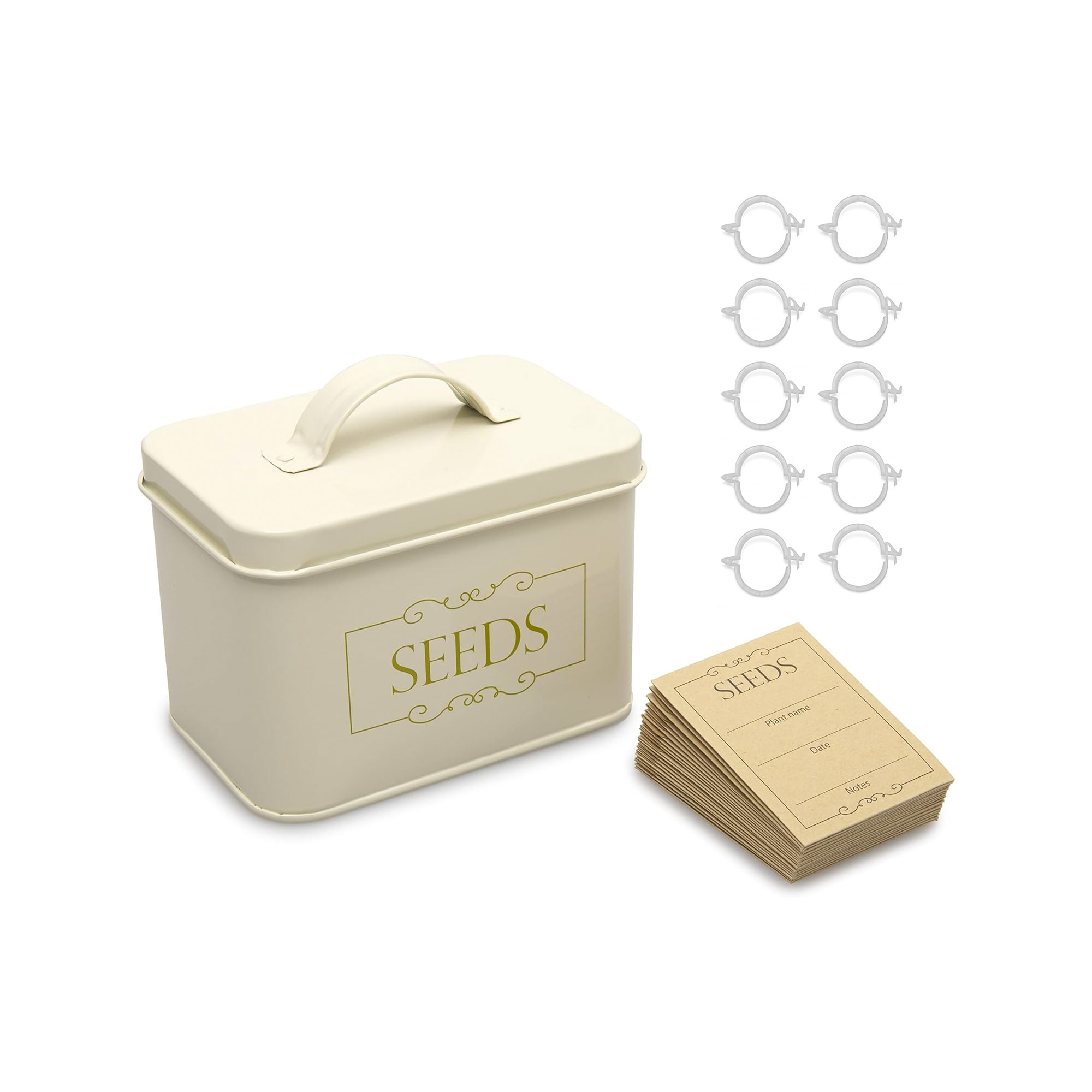
Price: $21.99
FAQs
Should I store seeds in the fridge or freezer?
If a cool and dark space is hard to come by in your home, your fridge freezer may be able to lend a hand.
'Some seeds, specifically plants native to cold climates, can benefit from freezer storage,' adds Amy Enfield, Senior Horticulturist at Scotts Miracle-Gro. 'Make sure the seeds are completely dry to prevent damage from ice crystals and place the seed packets in a sealed bag or container before placing them in the freezer. Whether storing seed in the refrigerator or freezer, the containers should be allowed to come to room temperature before they are opened otherwise, they may absorb moisture as they warm-up.'
What is the best container to store seeds in?
Glass jars are ideal, so long as the vessel is air-tight. 'My favorite storage containers for seeds are airtight glass Mason jars with tight-sealing lids. But honestly, even if you just have some Tupperware or Ziploc bags in the house, those work great too,' recommends Nikhil Arora, Co-founder and Co-CEO of Back to the Roots.
'You just want to protect the seeds from moisture and pests while keeping them organized and being able to see what's inside. Baseball card holders also work great as a packet of seeds is often almost the same size as those slots.'
By storing seeds successully you will be able to unveil some of the easiest flowers to grow and ensure your backyard is beautiful and thriving through the seasons. Remember to use the best soil for seeds and to transplant seedlings with care, whether they will be placed in raised garden beds or window boxes.
Sign up to the Homes & Gardens newsletter
Design expertise in your inbox – from inspiring decorating ideas and beautiful celebrity homes to practical gardening advice and shopping round-ups.

Camille is the former deputy editor of Real Homes where she covered a broad range of topics, including house tours, small space design, and gardens. She studied English language and Italian at the University of Manchester and during a year abroad studying linguistics and history of art in Bologna, Italy she started documenting her adventures and observations in a blog. Camille is always creating and spends her downtime painting, taking photos, traveling, and writing short stories.
-
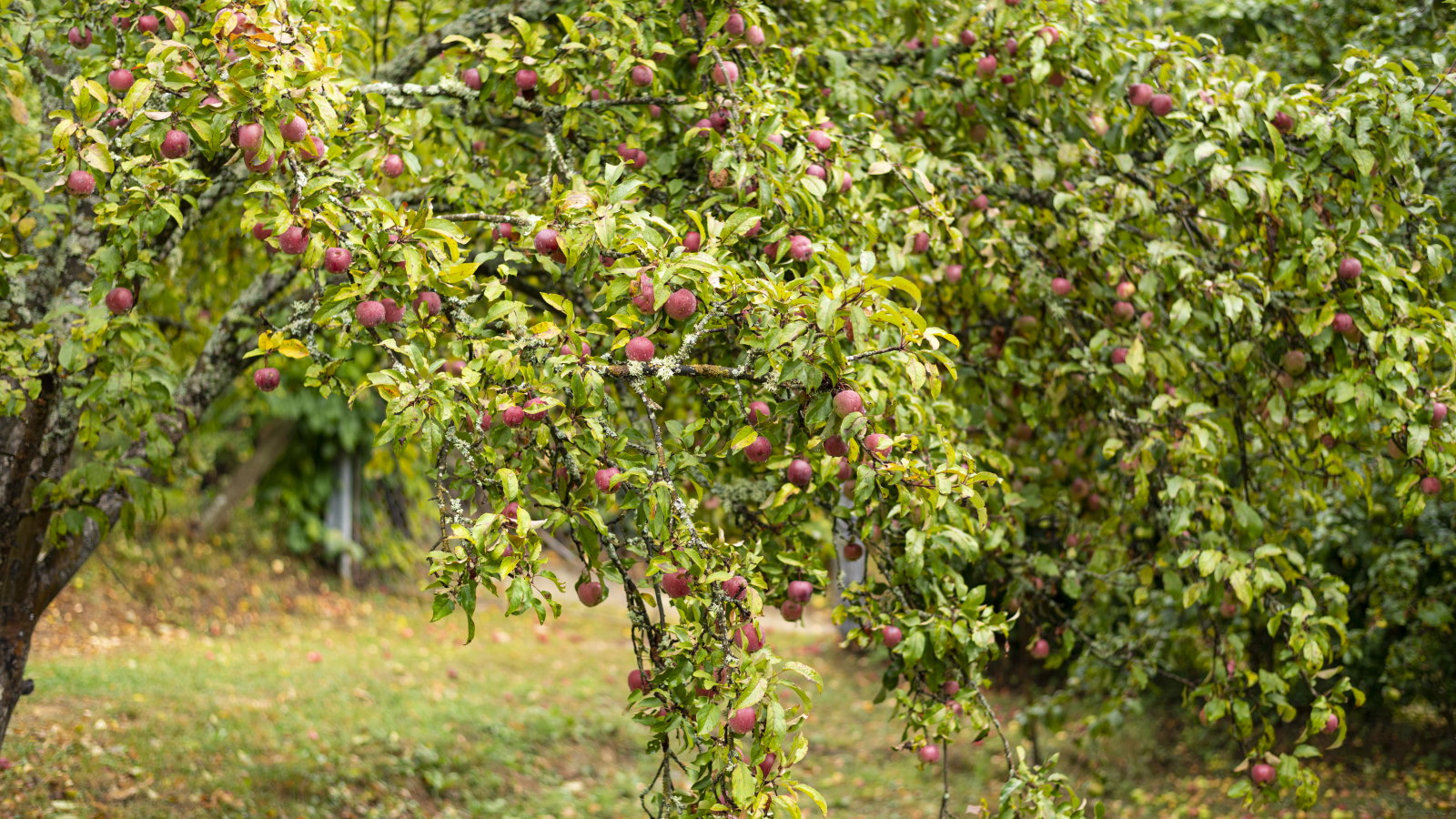 Plants never to grow next to fruit trees
Plants never to grow next to fruit treesExpert advice on which plants to keep away from fruit trees to encourage a healthy harvest
By Jacky Parker Published
-
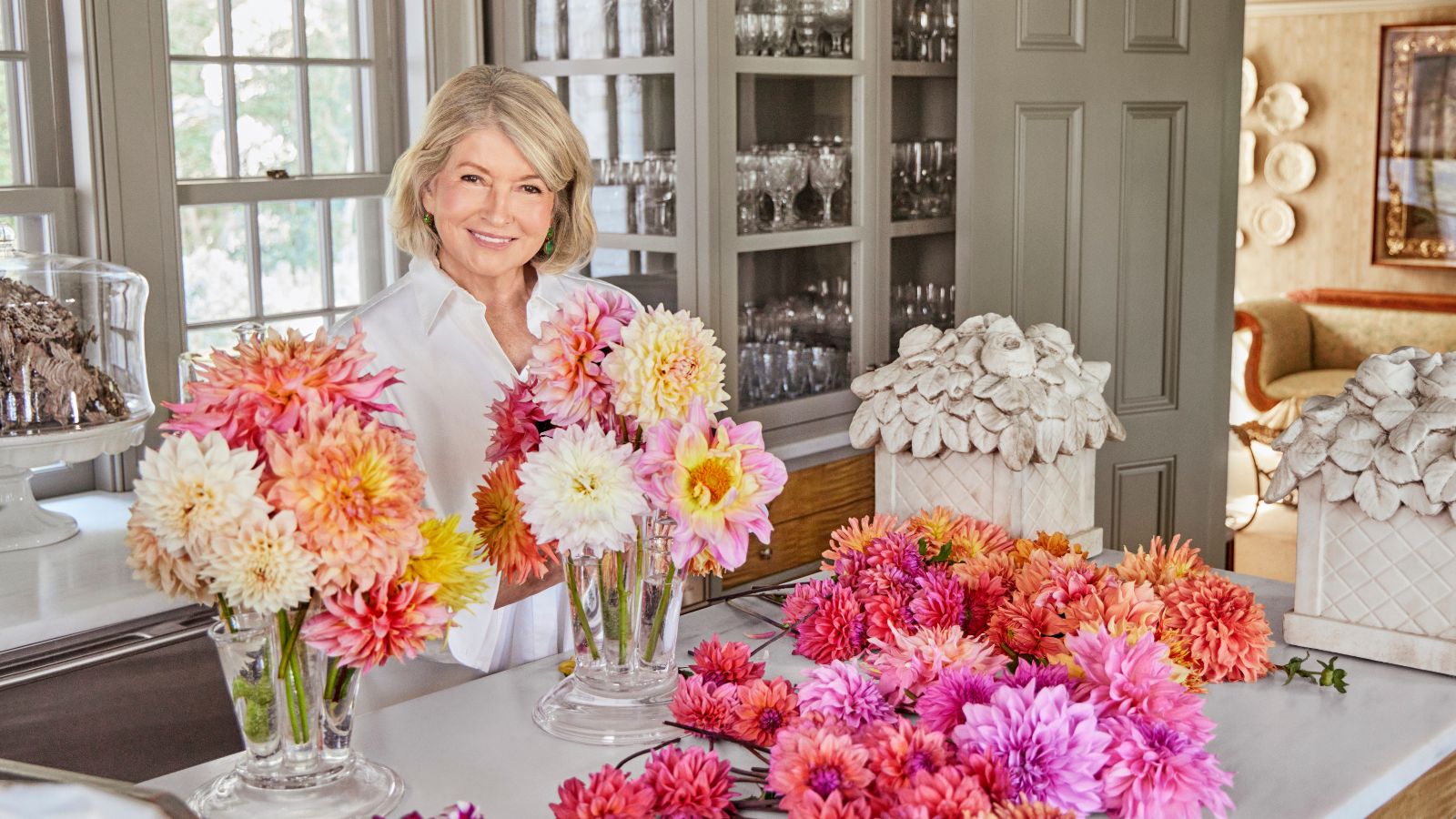 Martha Stewart's tips for arranging daffodils are unbelievably simple and effective – it's the only flower advice you need this springtime
Martha Stewart's tips for arranging daffodils are unbelievably simple and effective – it's the only flower advice you need this springtimeMartha shows us that we can create gorgeous bouquets of this seasonal flower by simply trimming the stems and placing them in specific vases
By Hannah Ziegler Published